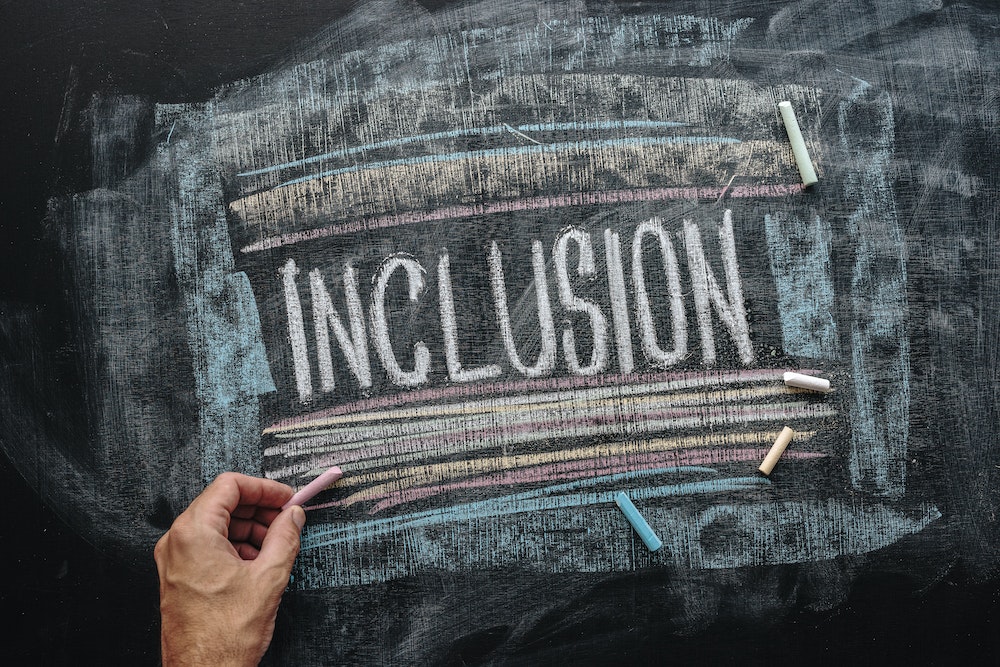What Are the Health Benefits of Regular Social Interaction for Individuals with Autism?

Variety is the spice of life. Just as a diverse diet provides the physical body with necessary nutrients, engaging with a cross-section of people feeds the mind with new perspectives and ideas. For individuals with Autism Spectrum Disorder (ASD), social interaction isn’t just food for thought, it directly contributes to their overall health and wellbeing. This article delves into the multiple benefits of regular social interactions for people with autism, highlighting how these engagements can improve communication skills, boost mental health, and encourage a sense of belonging and acceptance.
The Role of Social Interactions in Communication Skills Development
For those of you with loved ones with ASD, you might be familiar with how social interactions can be particularly challenging. Autistic individuals often struggle with understanding non-verbal cues, maintaining eye contact, and initiating conversations. This difficulty can lead to social isolation and a sense of frustration.
A lire en complément : How Can Digital Art Therapy Be Used to Support Mental Health in Remote Populations?
However, a study published on PubMed in 2018 revealed that regular social interaction can significantly improve the communication skills of children and adults with ASD. The researchers observed that participants who actively engaged in group activities demonstrated remarkable improvements in their ability to communicate with others.
These interventions focused on teaching the participants how to interpret non-verbal cues, maintain eye contact, and respond to questions. The consistency of these interactions allowed individuals with autism to practice and reinforce these skills, leading to gradual improvements.
Avez-vous vu cela : How Does a Mediterranean Diet Influence the Long-Term Health of Heart Transplant Recipients?
The Impact of Social Interaction on Mental Health
The significance of social interaction goes beyond honing communication skills. It also has profound impacts on the mental health of people with autism. Individuals with ASD are more likely to experience mental health issues such as anxiety and depression, as per data from Google Scholar. Having a strong, supportive social network can play a crucial role in mitigating these problems.
One of the key benefits of regular social interaction is the feeling of acceptance and belonging. When autistic people interact with others who understand and accept their condition, they’re more likely to feel good about themselves and exhibit greater self-confidence.
Furthermore, social engagement provides a platform for individuals with ASD to express their feelings and thoughts. This interaction helps them manage their emotions better and reduces the risk of mental health disorders.
How Physical Activities Promote Social Interaction
Physical activities are an effective method to promote social interaction, especially among children with ASD. These activities tap into the natural inclination of children to play and have fun, creating a relaxed environment where social interaction can occur more organically.
In a study conducted with a group of autistic children, researchers found that physical activities helped in reducing the symptoms of ASD. It encouraged team play, which in turn improved social communication and interaction skills. Participants exhibited greater ease in initiating conversations and maintaining eye contact after participating in these physical activities.
Moreover, physical activities also offer substantial health benefits such as improved motor skills, better coordination, and enhanced physical fitness. These benefits contribute to the overall wellbeing of individuals with autism, making it a vital component of their routine.
The Role of Technology in Facilitating Social Interaction
In this digital age, technology has become a vital tool to facilitate social interaction, especially for individuals with autism. For instance, social media platforms and online forums offer a space where autistic individuals can interact with a wider community.
According to a study found on Google Scholar, online interactions can be particularly beneficial for autistic adults who might feel overwhelmed in face-to-face social situations. Online platforms allow them to engage with others at their own pace, with the ability to regulate the intensity and duration of the interaction.
Digital tools can also be leveraged in therapeutic interventions to improve the social skills of people with ASD. For example, virtual reality can provide a controlled environment where individuals with autism can practice social scenarios, enhancing their comfort levels and proficiency in real-life social situations.
In conclusion, regular social interaction carries substantial health benefits for individuals with autism. It aids in developing communication skills, promoting mental health, and fostering a sense of belonging. The integration of physical activities and digital tools further enhances these benefits, making social interaction a crucial element in the lives of people with ASD.
Exploring Music Therapy as a Tool for Social Interaction
Music therapy has emerged as an effective tool for fostering social interaction among individuals with ASD. It has been observed that music can act as a universal language, connecting people regardless of their verbal communication abilities. This is particularly beneficial for individuals with autism, who often struggle with traditional forms of communication.
According to a study cited on Google Scholar, music therapy has shown promising results in improving the social skills of children with ASD. The rhythmic pattern and predictability of music can create a sense of familiarity and comfort, making the interaction less intimidating for autistic individuals.
Furthermore, participating in music therapy sessions often involves group activities such as singing in a choir or playing in a band. These activities require coordination and cooperation, providing ample opportunities for social engagement. As participants learn to synchronize their actions with others, they gradually improve their social interaction skills.
Beyond enhancing social skills, music therapy also contributes to the overall mental health of individuals with ASD. Engaging in musical activities can stimulate positive emotions, reducing stress and anxiety levels. The calming effect of music can help autistic people cope with overwhelming sensory inputs that are common in social situations.
Social Skills Training to Enhance Social Interactions
Given the critical role of social interaction in the health and well-being of individuals with ASD, social skills training has become an integral part of therapeutic interventions. This training focuses primarily on teaching autistic people how to understand and respond to social cues, fostering more effective social interactions.
Social skills training may involve various techniques ranging from role-playing and social stories to video modeling. These methods provide individuals with autism an opportunity to practice and rehearse social scenarios in a controlled environment.
According to a study published on PubMed, social skills training led to significant improvements in the social competence of children with ASD. The children who underwent this training were better able to initiate and sustain conversations, maintain eye contact, and interpret non-verbal cues. Additionally, these children reported feeling more comfortable and confident in social situations.
This training is not limited to children with autism. Autistic adults can also benefit from social skills training as it can help them navigate social situations in the workplace or in the community, enhancing their quality of life.
Conclusion
In a nutshell, regular social interaction is an essential aspect of the overall health and well-being of individuals with ASD. It not only aids in developing communication skills but also fosters mental health and a sense of belonging. Innovative approaches such as music therapy and social skills training can further enhance the social competencies of autistic individuals. The use of physical activities and technology also add value by creating more opportunities for social engagement. In the face of these compelling benefits, it becomes increasingly evident that fostering social interaction should be a priority in the support and care of people with ASD.
